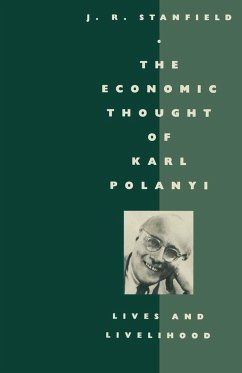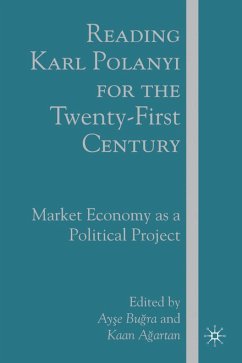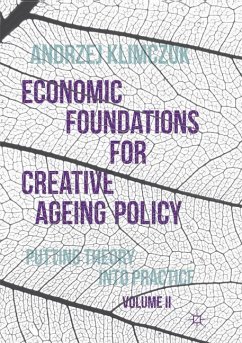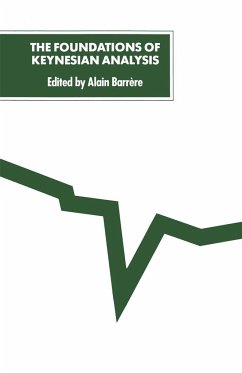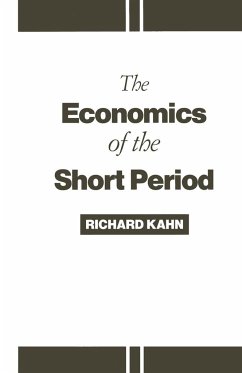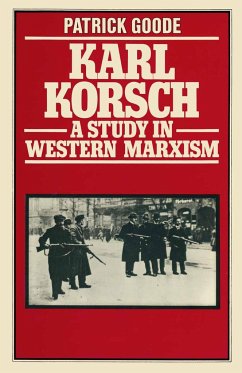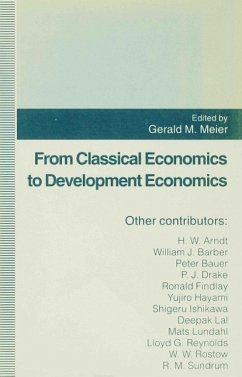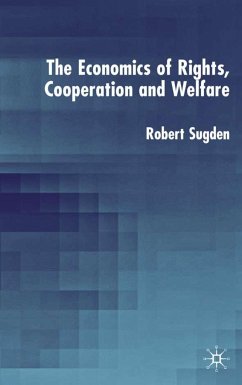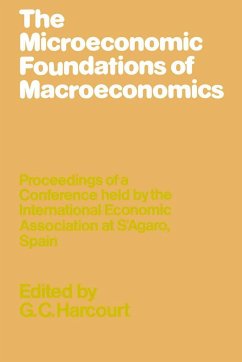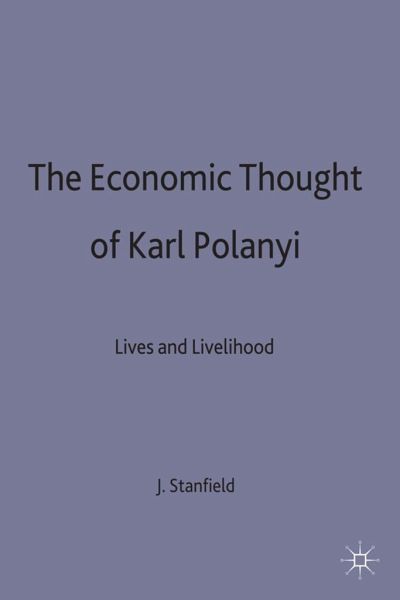
The Economic Thought of Karl Polanyi
Lives and Livelihood
Versandkostenfrei!
Versandfertig in 6-10 Tagen
113,99 €
inkl. MwSt.
Weitere Ausgaben:

PAYBACK Punkte
57 °P sammeln!
The democratic industrial societies face a deeply-rooted institutional crisis. The accepted ways and means of living lead to frustration and anxiety rather than creativity and joy. The roots of this crisis are political and economic. These societies contain economies that pervert and obstruct the human life process and polities that are subordinate to economic vested interests. Karl Polanyi was a Hungarian emigr ho witnessed first hand the cataclysms to which this political economic crisis can lead. He created a powerful social economic theory to analyze this institutional impasse and lay the ...
The democratic industrial societies face a deeply-rooted institutional crisis. The accepted ways and means of living lead to frustration and anxiety rather than creativity and joy. The roots of this crisis are political and economic. These societies contain economies that pervert and obstruct the human life process and polities that are subordinate to economic vested interests. Karl Polanyi was a Hungarian emigr ho witnessed first hand the cataclysms to which this political economic crisis can lead. He created a powerful social economic theory to analyze this institutional impasse and lay the foundation for social reconstruction. This book reviews Polanyi's life and work, his contributions to the methodology of economics, his concepts of social integration, his theory of market capitalism, and his view of freedom in complex industrial societies.





